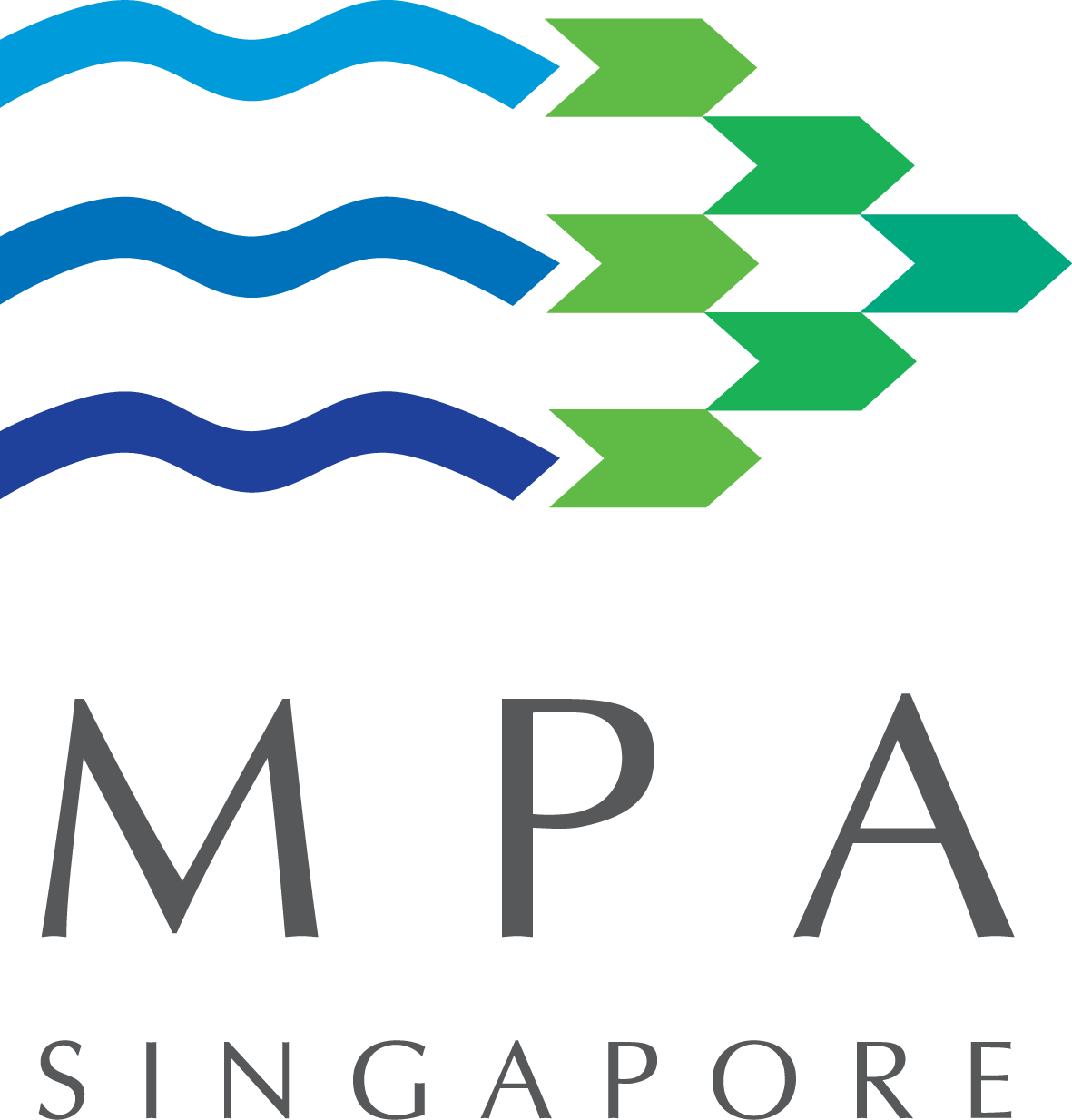No. 6 of 1998 - THE 1992 PROTOCOL OF THE INTERNATIONAL CONVENTION ON CIVIL LIABILITY FOR OIL POLLUTION DAMAGE 1969
Shipping Circulars
No. 6 of 1998
05 Aug 1998
-
In 1969, the International Maritime Organization (IMO) adopted the International Convention on Civil Liability for Oil Pollution Damage, 1969 (CLC 69). The Convention lays down the principle of strict liability for the shipowner and requires him to take out liability insurance for pollution damage caused by spills of oil from laden tankers. The shipowner is normally entitled to limit his liability to an amount that is linked to the tonnage of the ship. Singapore acceded to CLC 69 in 1981. The Merchant Shipping Oil Pollution Act (Cap. 180) gives effect to CLC 69.
-
In Nov 1992, IMO adopted a protocol to amend CLC 69. On 30 May 1996, the Protocol (CLC 92) came into force internationally. CLC 92 provides higher limit of compensation and a wider scope of application than CLC 69.
-
Under CLC 92, the limit of compensation has been raised from about 14 million special drawing rights (SDR) (S$32 million) (in CLC 69) to about 59.7 million SDR (S$135 million). The new limit was set to keep pace with inflation, world currency factors and costly means of dealing with oil spills. Not having been adjusted since 1969, the liability under CLC 69 has been substantially reduced in real terms.
-
The main differences between CLC 69 and CLC 92 are as follows:
(a) Under CLC 92, owners of ships not exceeding 5,000 units of gross tonnage can limit their liability to a fixed sum of 3 million SDR(about S$7 million).
(b) For a ship between 5,000 and 140,000 units of gross tonnage under CLC 92, the limit is three million SDR(S$7 million) plus an additional 420 SDR(S$949) for each additional unit of gross tonnage above 5,000 units.
(c) For a ship of 140,000 units of gross tonnage or above under CLC 92, the limit is 59.7 million SDR(S$135 million).
(d) Expenses incurred for preventive measures under CLC 92 are recoverable even where no spill of oil occurs, provided that there was a grave and imminent threat of pollution damage.
(e) CLC 92 applies to pollution damage both in the territory (including the territorial sea) and the exclusive economic zone (EEZ) of a party to the Protocol.
(f) CLC 92 applies to spills from sea-going vessels constructed or adapted to carry oil in bulk as cargo, whether laden or unladen, and applies to spills of bunker oil from such ships.
-
Singapore acceded to CLC 92 on 18 Sep 1997. The Protocol will come into force for Singapore on 18 Sep 1998. The Merchant Shipping (Civil Liability and Compensation for Oil Pollution) Bill, 1998, which gives effect to CLC 92, was passed in Parliament on 31 July 98. It will replace the Merchant Shipping (Oil Pollution) Act (Cap. 180).
-
CLC 92 requires ships carrying more than 2000 tons of oil cargo to maintain insurance against oil pollution damage up to CLC 92 limits. With effect from 18 Sep 98, all tankers (including those registered in Singapore) carrying more than 2,000 tons of oil in bulk as cargo should carry CLC 92 certificates or CLC 92 blue cards before they are allowed entry into Singapore port. Application for a CLC 92 certificate for tankers carrying only a CLC 92 blue card should be made at the Shipping Division, MPA immediately after the tankers enter the port. This is to avoid unnecessary delays.
-
Any enquiries relating to this circular may be directed to Ms. Emily Sihab at Tel: 63756227 or Mr. Chandru S R at Tel: 63756217.
LEE SENG KONG
DIRECTOR OF MARINE
MARITIME AND PORT AUTHORITY OF SINGAPORE
1.This limit was amended by Merchant Shipping (Civil Liability and Compensation for Oil Pollution) Act (Amendment of Limits of Liability under Sections 6 and 28) 2.Order 2003 to 4.51 million SDR (about S$11 million).
This limit was amended to 4.51 million SDR (S$11 million) plus an additional 631 3.SDR (S$1,546) for each additional unit of gross tonnage above 5,000 units.
This limit was amended to 89.77 million SDR (S$220 million).
